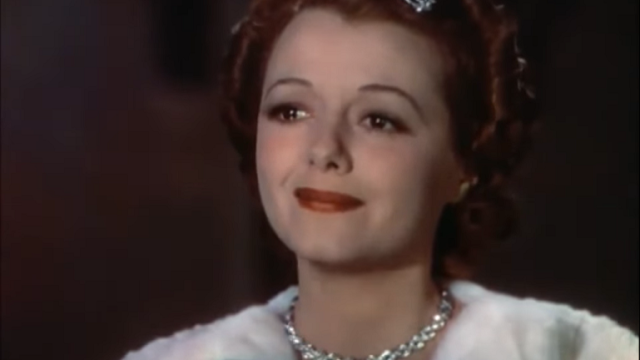Note: originally, I promised to write about Saratoga. Unfortunately, I couldn’t find it, and I’ve already written an essay about not being able to find a movie, so I just switched topics.
An iconic movie about living as an icon. We have one protagonist rising to iconic status from nothing next another who falls from icon to nothing. Writers Dorothy Parker, Alan Campbell, and Robert Carson commit to a Shakespeare-like vision in which everyone in every scene has an opinion on what’s happening, and our heroes act upon those opinions. Norman’s pain and confusion are reduced to jokes even after he commits suicide; Esther is not allowed to be left alone to her grief. Norman was a rock star before the invention of the electric guitar – sensation-driven, mercurial, dedicated to his art but not the systems that support it. Esther submits to those same systems, giving up her heart to them as her grandmother predicted, to the point of passively allowing her to snatch up her name. Esther’s final act is her take on Norman’s lifestyle – maybe not as extreme as he would have gone, but a declaration of her individuality nonetheless.
It’s strange to think that this kind of movie – world-weary, cynical, fully aware of the calcified social structures built around the process – came so early in the lifetime of movies. There is less time between the release of A Star Is Born and The Kiss than there is between the release of the Atari 2600 and the release of this essay; despite all the advances in video games, I still think of them as a relatively untapped creative medium, and transferring that feeling to movies of this time period is extremely easy. You may think I’m going towards some kind of “they were still trying to figure out movies back then” point, but in fact I’m doing quite the opposite – they already spotted these destructive patterns so quickly, and yet people are still fashioned into icons, still burned out, still destroyed for a good story. People such as me who like think of themselves as students of history like to think that by learning history, we can prevent repetition; I think that’s only true on a personal scale, and trying to apply that on a systemic level will only doom you to witnessing the same story forever.

